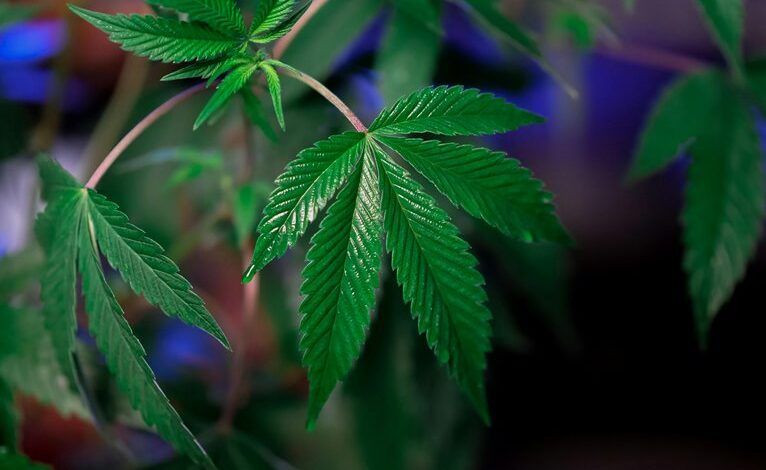What Is the Difference Between Thc and Cbd

THC and CBD are two key cannabinoids in cannabis, each serving distinct purposes. THC is renowned for its psychoactive effects, creating a euphoric sensation sought after in recreational contexts. In contrast, CBD offers potential health benefits without intoxication, appealing to those seeking relief from various ailments. Understanding these differences is crucial for consumers. However, the implications of these compounds extend beyond their effects, raising questions about legal status and accessibility. What factors influence these considerations?
Understanding THC: The Psychoactive Compound
Tetrahydrocannabinol (THC) is the principal psychoactive compound found in cannabis, distinguished by its ability to produce euphoric effects.
THC benefits include pain relief, appetite stimulation, and mood enhancement.
However, it also poses THC risks, such as potential addiction, impaired cognitive function, and anxiety in susceptible individuals.
Understanding these dual aspects is crucial for those seeking to navigate the complexities of cannabis use responsibly.
Exploring CBD: The Therapeutic Cannabinoid
Cannabidiol (CBD) presents a contrasting profile to THC, as it is non-psychoactive and primarily recognized for its therapeutic properties.
CBD benefits include potential relief from anxiety, inflammation, and chronic pain, making it appealing to many.
Common CBD sources encompass hemp-derived oils, tinctures, capsules, and edibles, allowing individuals to explore various methods to integrate this cannabinoid into their wellness routines.
Comparing Effects: THC vs. CBD
While both THC and CBD are prominent cannabinoids found in cannabis, their effects on the human body differ significantly.
THC is primarily associated with recreational use, producing psychoactive effects that can alter perception and mood.
In contrast, CBD is noted for its medicinal benefits, offering therapeutic effects without the high, making it suitable for those seeking relief from various ailments without intoxication.
Legal Status and Accessibility of THC and CBD
As the legal landscape surrounding cannabis continues to evolve, the regulations governing THC and CBD vary significantly across different jurisdictions.
Legal regulations can create accessibility issues, with some regions permitting CBD use while strictly controlling THC.
This disparity affects consumers' ability to access these compounds, highlighting the need for ongoing advocacy to ensure equitable access and clarity in cannabis legislation.
Conclusion
In conclusion, the distinct properties of THC and CBD illuminate the complex landscape of cannabis use, revealing how personal preferences and health needs intertwine. As consumers navigate the choices between the euphoric effects of THC and the therapeutic benefits of CBD, coincidental encounters with these cannabinoids can shape individual experiences and perspectives. Thus, understanding the nuanced differences between THC and CBD not only informs decisions but also underscores the broader implications of cannabis in contemporary society.






